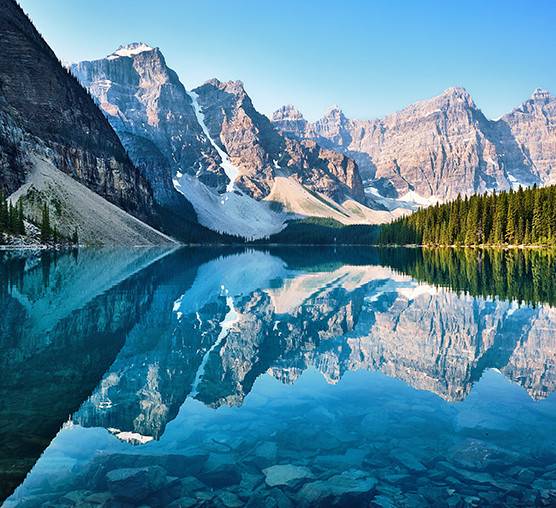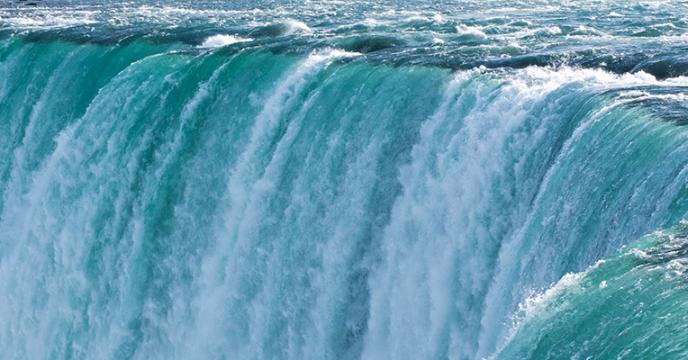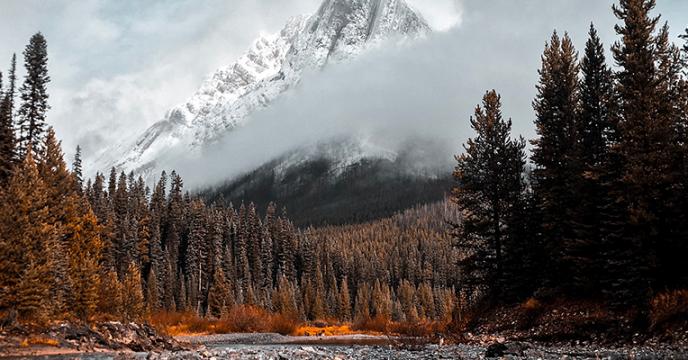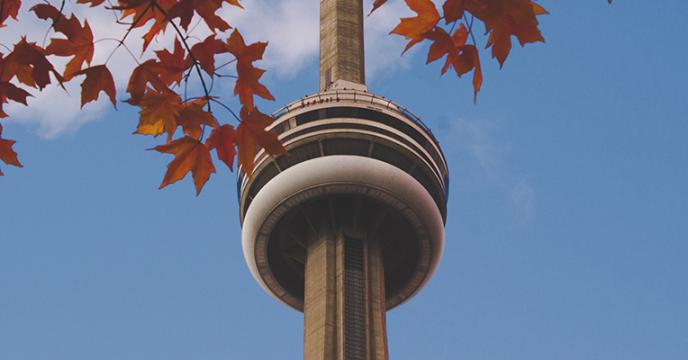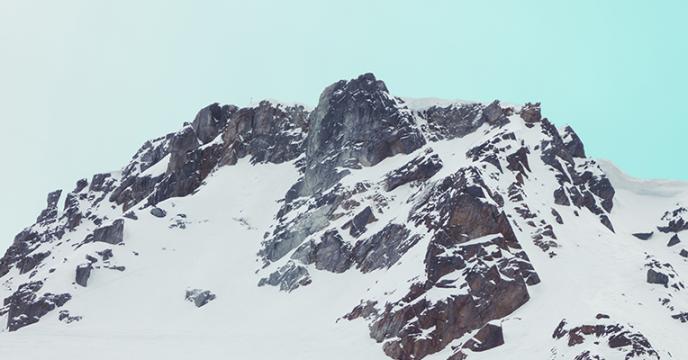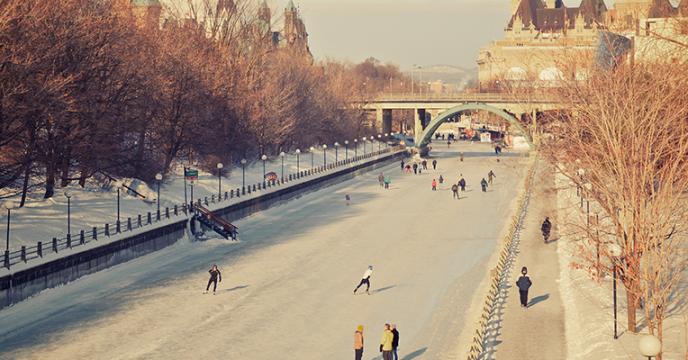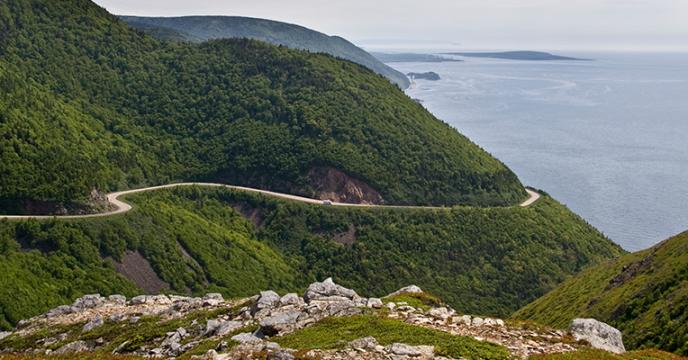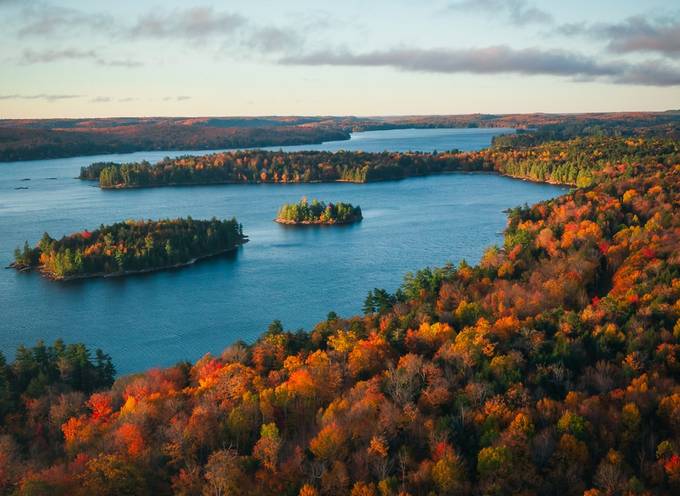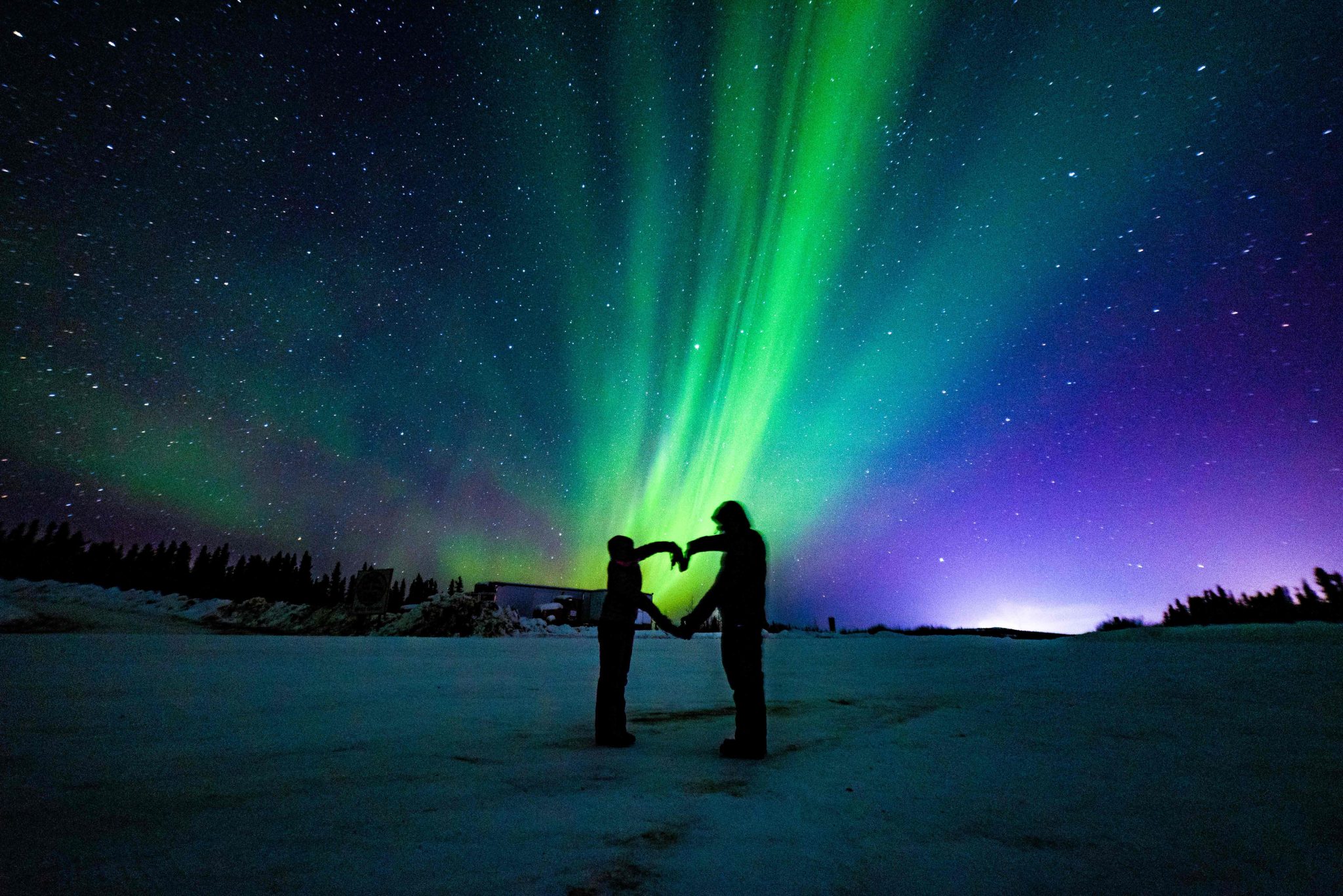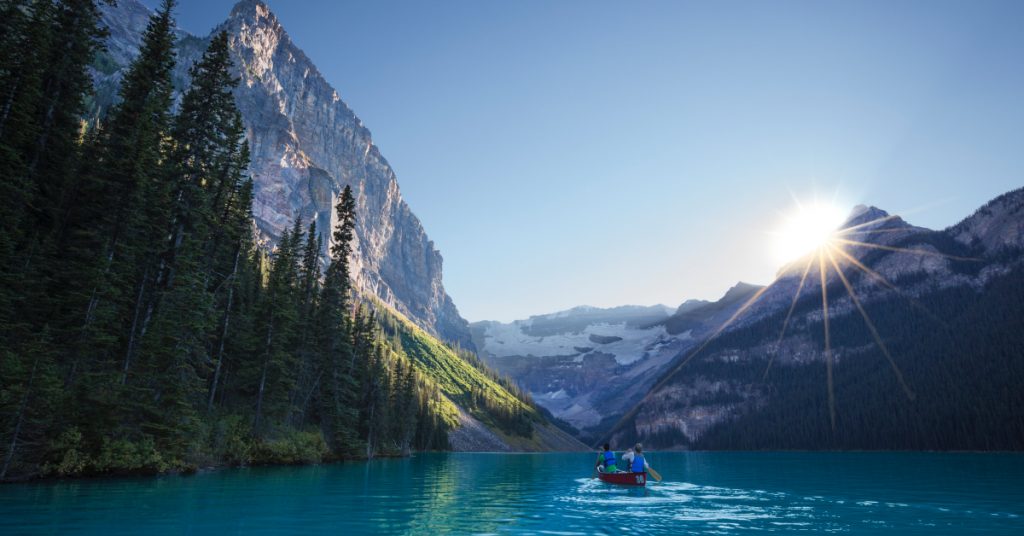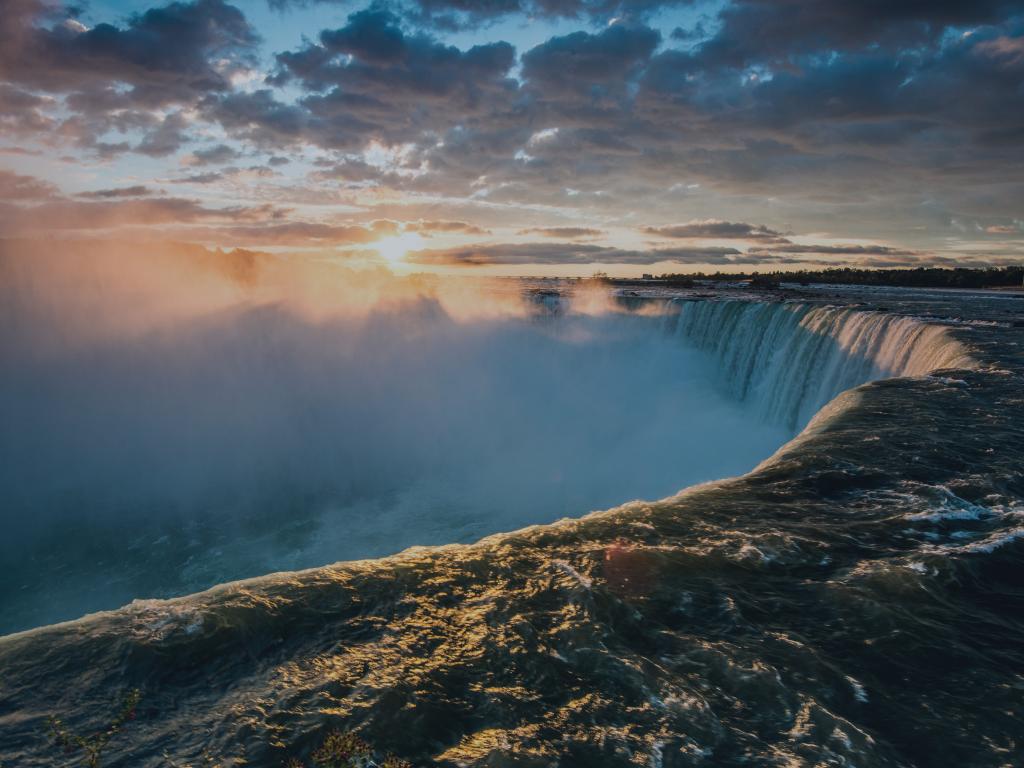
Canada Travel Guide
With diverse seasons and terrain, Canada offers an ever-changing variety of experiences and scenery. While snow-capped mountains illuminate the sky, lakes paint the landscape in sumptuous shades of turquoise. No matter if you're craving outdoor activities or vibrant city life, rocky mountain vistas or coastal escapes, you have many options for your Canadian excursion.
The Highlights
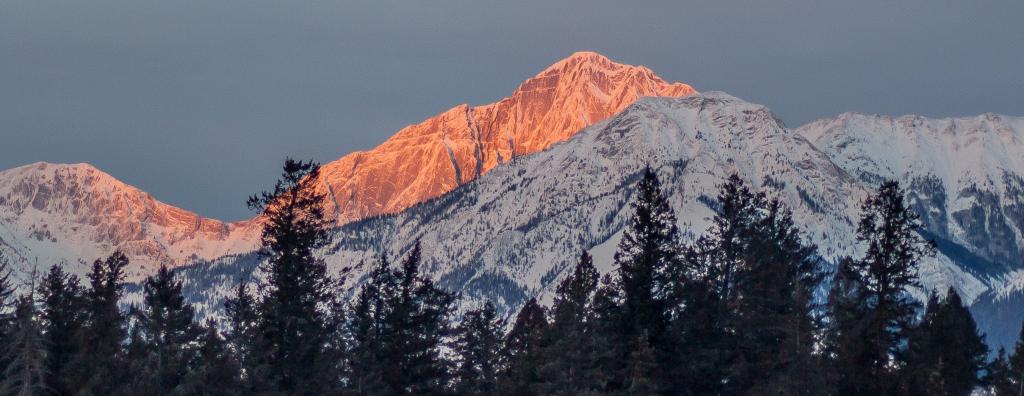

The Basics
The Location
As the second largest country on Earth with the longest coastline and more lakes than the rest of the world combined, Canada has aptly earned its nickname: the Great White North. Sitting strong atop North America, the region is bordered by only one country: the United States.
Capital City
Ottawa is located in the South East of Canada along the Ottawa River. The name Ottawa came from the Algonquin word for trade, adawe, which highlights the city’s importance as a business center since its early days.
Main Airport
Toronto Pearson International Airport is Canada’s largest and busiest airport, servicing the most international flights.In Western Canada, Vancouver International Airport is the most popular airport and is also the recipient of several notable international best airport awards.
Language Spoken
Canada is a bilingual country with two official languages: English and French. Although English is the dominant language throughout most of the country, French is the dominant language in the province of Quebec. You may notice that Canada’s bilingualism becomes less apparent the further West you travel.
Currency
The unit of currency in Canada is the Canadian Dollar (CA$). As the country recently got rid of the penny, the smallest denomination coin is now the 5 cent piece. If paying in cash, be prepared for the amount due to be rounded up or down. Canada’s $1 and $2 coins are referred to as the loonie and toonie respectively.
Visas
Citizens of Australia, Canada, Japan, New Zealand, and the USA and EU do not require a visa for tourist visits of up to three months. Note that the total stay within the Schengen area must not exceed three months in any six-month period.
Electricity
Canada’s electrical supply runs at 120 Volts and uses North America standard outlets. If your appliances don’t match the shape of this socket, be sure to bring an adaptor for your trip.
Vaccinations
Generally, no vaccinations are required for travelling to Canada. However, you should be up to date on your routine vaccinations. Hepatitis A, B or Rabies may be recommended depending on your travel itinerary and what country you are travelling from.
Emergency Calls
The phone number to call in case of emergency (fire, police or paramedic) is 911.
When to Visit

Canada Tours

Visit Responsibly
Travelling responsibly means respecting the communities, culture and environment of the places you visit. Keep these tips in mind when travelling to Canada:
Go green. Be environmentally conscious on the road by taking short showers; turning off the lights in your hotel room when you leave; and resisting the urge to collect any plants, seashells, or other natural flora.
Respect cultural differences. Before travelling, read about the local culture and customs – even just knowing the dress code and a few basic phrases in the local language will go a long way.
Support local businesses. Enjoy a more authentic experience and directly support the local economy by travelling with a local guide, eating in local restaurants, buying from local artisans, and staying in locally-owned and operated accommodations.
Wherever possible, avoid single-use plastics. Pack reusable items such as your own shopping bags, utensils, a water bottle, and a straw. These items are typically lightweight and compact, and will greatly reduce your consumption of plastics.
Be conscious of overtourism. Opt to visit the lesser-known regions of Canada or travel outside the peak season – you'll likely even get a better deal and won't have all the crowds!Sustainable Tourism in Canada
As the world's second-largest country in size but around 40th largest in population, nature is big in Canada in every way. Here are some things being done in Canada to make it possible to tour sustainably:
Conservation and Restoration Projects
Canada-wide conservation efforts ensure that people can experience Canada's great outdoors for generations to come. Whether you are visiting Banff in Alberta, Cape Breton Highlands in Nova Scotia, or any of the other places we listed in our How to Travel Sustainably in Canada article, Parks Canada has a variety of Conservation and Restoration (CoRe) projects that are partially funded by visitor admission fees and ensure that Canada's nature remains pristine. Parks Canada is a government agency responsible for national parks and historic sites.
Indigenous Tourism Experiences
Each province and territory in Canada has an Indigenous Tourism Association, which also falls under the national Indigenous Tourism Association of Canada (ITAC). They operate with the goal of improving the socio-economic situation of Indigenous people in Canada.
FAQs about Canada
Do you tip in Canada?
Yes. Tipping is very common in Canada. Restaurant workers rely mostly on tips for their income, as such, their hourly wage is quite low. When paying for a meal, it is typical to tip around 15% to 20%. Also, when riding in a cab or getting a haircut a 10% minimum tip is expected.
What is the internet access like?
Internet access in Canada is relatively accessible. Wifi hotspots are often available at various public and travel locations such as stadiums, airports and hotels, however, they are not guaranteed. Most cafes and restaurants supply free wifi.
Is the tap water safe to drink?
Yes. As the world’s largest source of fresh water, it is no surprise that tap water is abundant. The water in all Canadian cities is treated and safe to drink.
Can I use my credit cards?
Visa and Mastercard are widely accepted in Canada. American Express is accepted at a limited selection of retailers and restaurants. Note that you could be charged a 1-3% foreign transaction fee for each use. Be sure to check with your bank for details. Generally, you should be able to take money out at ATMs for your international debit cards.
What are the public holidays?
In addition to the typical public holidays (New Year’s Day, Good Friday, Easter Monday, Labour Day and Christmas), Canada also has a number of unique holidays including Canada Day on July 1st, Thanksgiving on the second Monday in October and Remembrance Day on November 11th. Each province also has a number stat holidays that vary from province to province.
What are the toilets like?
Public toilets in Canada (often referred to as washrooms) are generally quite clean. It is customarily free to use public toilets, however, when at local cafes and restaurants, they commonly request that you purchase something prior to using the facilities.
Do I need a visa to travel to Canada?
Most travellers need a visa or an Electronic Travel Authorization (eTA) to fly to, or transit through, a Canadian airport. What you need depends on: the type of travel document you will travel with, the country that issued your travel document, your nationality and how you will travel to Canada.
Is it always cold in Canada?
Contrary to popular belief, Canada has very warm summers that can get up to 38°C in some cities. Although Canada has cold winters and it remains freezing in the very northern parts of the country year-round, most of Canada’s population enjoy the best parts of all seasons (snow and sunshine alike).
